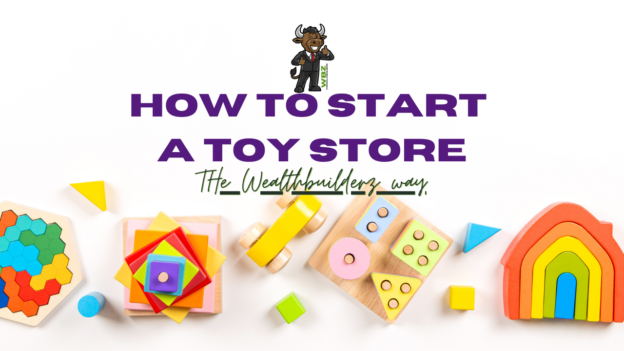Starting a toy business can be an exciting venture, but it requires careful planning and execution. Here is a step-by-step guide to help you get started:
- Market Research:
- Identify your target market and understand the preferences and needs of your potential customers.
- Analyze the competition to identify gaps in the market and potential niches.
2. Business Plan:
- Outline your business goals, target market, products, and marketing strategy.
- Include a financial plan that covers startup costs, operating expenses, and revenue projections.
- Consider your distribution channels, such as selling online, through retail stores, or a combination of both.
3. Legal Structure and Registration:
- Choose a legal structure for your business (sole proprietorship, LLC, corporation, etc.).
- Register your business with the appropriate authorities and obtain any necessary licenses or permits.
4. Supplier and Inventory Management:
- Identify reliable suppliers for your toys. Consider factors like quality, cost, and lead times.
- Determine your initial inventory and establish a system for managing stock.
5. Product Selection:
- Decide on the types of toys you want to sell. Consider factors like age group, interests, and trends.
- Ensure that the toys you choose comply with safety standards and regulations.
6. Branding and Marketing:
- Create a strong brand identity, including a memorable logo and tagline.
- Develop a marketing strategy to promote your toys. This can include online and offline methods such as social media, influencers, and traditional advertising.
7. Online Presence:
- Set up a professional and user-friendly website. Include high-quality images and detailed product descriptions.
- Consider selling your toys through online marketplaces like Amazon or Etsy.
8. Offline Presence:
- If you plan to sell through physical stores, establish relationships with retailers or set up your own store.
- Attend trade shows and events in the toy industry to network and showcase your products.
9. Price Setting:
- Determine the pricing strategy for your toys. Consider factors like production costs, competitor pricing, and perceived value.
10. Customer Service:
- Provide excellent customer service to build a positive reputation. Respond promptly to inquiries and address customer concerns.
11. Financial Management:
- Keep accurate financial records and monitor your cash flow.
- Consider working with an accountant to ensure compliance with tax regulations.
12. Scale and Adapt:
- Monitor sales and customer feedback to identify areas for improvement.
- Explore opportunities for expansion, such as introducing new products or targeting additional markets.
Remember that starting a business involves risks, so it’s crucial to be adaptable and willing to adjust your strategies based on market feedback and changing circumstances.


Comments are closed